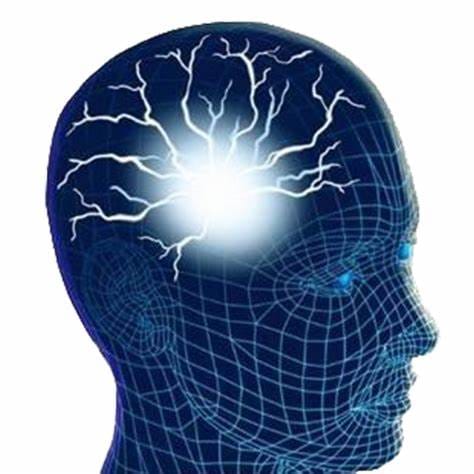how an addicted brain works

While the term "brain hacks" can sometimes suggest shortcuts or quick fixes, it's important to approach rewiring addiction with patience, dedication, and professional guidance if needed. Here are some strategies that may help rewire addictive behaviors:
- Mindfulness and Meditation: These practices can help increase self-awareness and emotional regulation, making it easier to recognize triggers and manage cravings.
- Identify Triggers: Pay attention to what triggers your addictive behavior. Once you identify them, you can develop strategies to avoid or cope with these triggers effectively.
- Replace Addiction with Healthy Habits: Engage in activities that provide similar rewards to the addictive behavior but in a healthier way. For example, if you're addicted to smoking, you could try chewing gum or going for a walk whenever you feel the urge to smoke.
- Social Support: Surround yourself with supportive friends and family members who understand your struggle and can provide encouragement and accountability.
- Cognitive Behavioral Therapy (CBT): CBT helps identify and challenge negative thought patterns and behaviors associated with addiction. It equips individuals with coping strategies to deal with cravings and stressful situations.
- Set Goals and Track Progress: Setting specific, achievable goals can give you a sense of accomplishment and motivation to continue on your journey to recovery. Tracking your progress can also help you see how far you've come and identify areas where you may need additional support.
- Healthy Lifestyle Changes: Regular exercise, proper nutrition, and adequate sleep can all contribute to overall well-being and help reduce the likelihood of relapse.
- Seek Professional Help: Don't hesitate to reach out to a therapist, counselor, or support group for guidance and support. They can provide personalized strategies and techniques tailored to your specific needs.
- Practice Self-Compassion: Be kind to yourself throughout the process. Recovery is a journey, and setbacks are a natural part of the process. Treat yourself with the same compassion and understanding you would offer to a friend facing similar challenges.
- Celebrate Milestones: Celebrate your achievements, no matter how small. Each day without giving in to your addiction is a victory worth acknowledging and celebrating.
Remember, overcoming addiction is a challenging but achievable goal with the right support, strategies, and mindset.
![Guild of the Dragons -Knowledge Node [^]~~~~~Gratitude~~~~~[^] G0TD](https://guild-of-the-dragons.ghost.io/content/images/2024/02/depositphotos_1562554-stock-photo-golden-dragon.jpg)